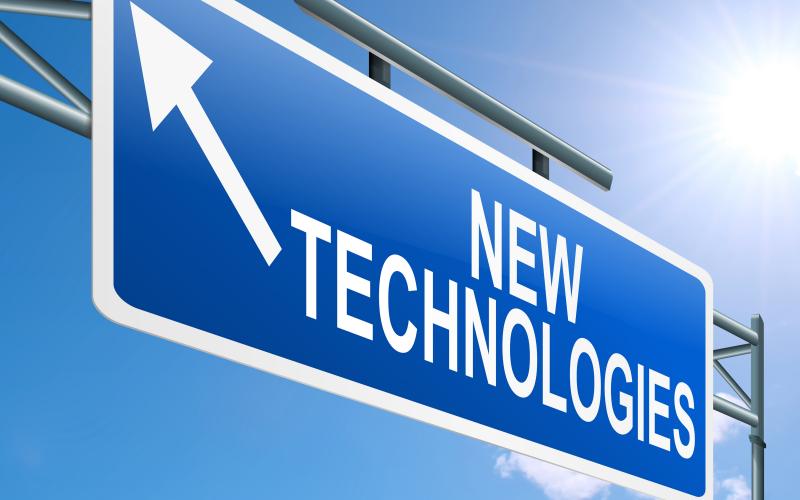4 companies that have embraced new technologies to improve efficiency

Technology lets businesses increase productivity while they provide better, more meaningful service to customers and clients. Of course, in this day and age, technology can change within months. So which companies are utilizing the most groundbreaking technologies like 3-D printing, robotics, nanotech and drones? Here’s a look at the most innovative businesses and how they utilize they newest tech.
Amazon
In 2016, the first Amazon Prime Air delivery took place, and the company even caught the whole thing on film. From order to delivery drop off, the entire operation took only 13 minutes. The Amazon drones use GPS technology and fly at over 400 feet in the air. The company promises delivery within 30 minutes of the placed order, as long as the item(s) are under five pounds. Amazon relies on UPS and FedEx for most of their deliveries, but with this technology, they can flip the script on delivery times and the company’s reliance on third-party delivery. There are some hurdles Prime Air must leap before major metropolitan areas will have this service. Most states, as well as countries, don’t have clear-cut regulations on the use of drones. Furthermore, Amazon will need distribution centers near major urban areas to deliver within the 30-minute delivery guarantee. While there are still logistics Amazon must work out, the first successful pilotless delivery is a real step forward, and this technology will likely become more relevant for businesses in the future.
Apple Rubber
Apple Rubber is a custom plastics and material design company that makes seals, o-rings and other plastic products. Apple Rubber has embraced 3-D printing, as customized products can be made quickly. Hospitals, auto and airplane manufacturers, as well as toy companies, either have on-site 3-D printers or contract the work to another company. 3-D printed products can either be scanned before replicas are made, or a 3-D model must be created before the printed product can begin. While not flashy in terms of end products, 3-D printers make utilitarian items for some of the most important industries.
Quiet Logistics
Warehousing company Quiet Logistics helps e-commerce companies store and distribute products. The company uses the Locus Robot to pick out the products that have been ordered and transports them to the front of the warehouse where they can be packaged and delivered. These robots work alongside humans, but while a warehouse worker would typically walk 12-16 miles in a shift, they no longer have to, a robot does that work for them. Quiet Logistics has seen an 80 percent productivity increase since the implementation of the Locus Robots.
IBM
Transistors are the foundation of all modern computing. With each generation, these have gotten smaller and faster, in part, with the help of nanotechnology. In 2015 IBM created the first ever seven-nanometer transistor. While current trends in terms of data storage are cloud based, even the cloud is a server, somewhere, that is built of transistors. As companies like IBM create smaller and faster transistors, it may someday be possible for all your movies, music and data to be stored on a single chip, no larger than a thumb drive. This is also true for mobile device companies such as Apple and Samsung.